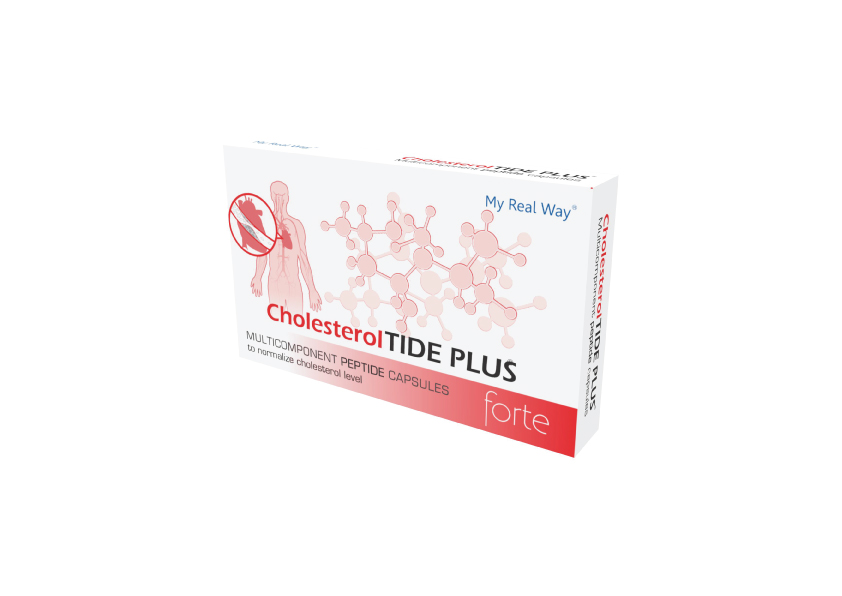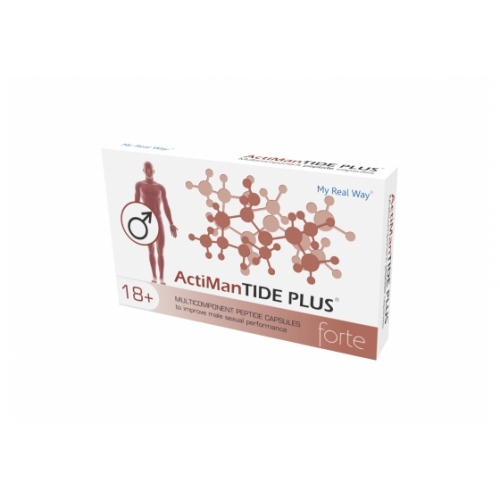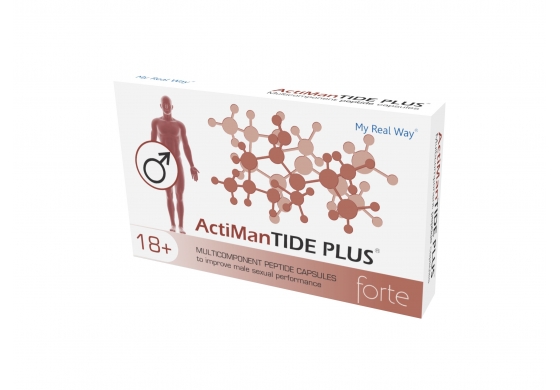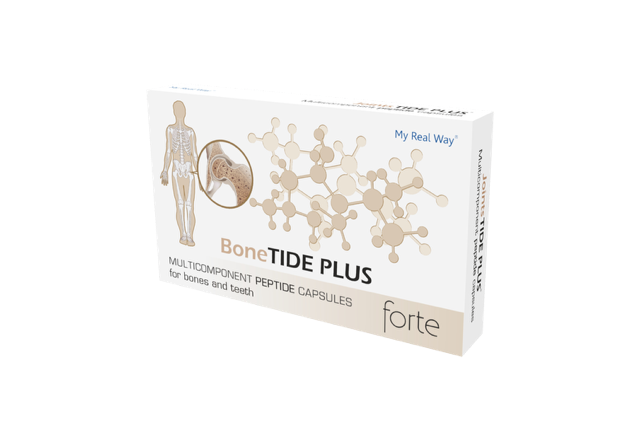About peptides
The discovery of peptides and their bioregulatory function (Nobel Prize in 2018) has brought new possibilities to the intervention of natural regeneration of organs and tissues. There are synthetic, natural, plant and animal peptides. But how can we know which ones are and how effective?
What are peptides?
Peptides are chains of amino acids linked by a peptide bond. In other words, peptides are short slices of proteins (proteins) that are the basic building blocks of our body's cells. They are involved in various processes in our body, including the regulation of cell metabolism, growth, reproduction, cell aging, or the removal of damaged cells from the body. They are an essential component of many hormones, enzymes, signaling (information) molecules, and the like. In fact, each tissue and organ has its own organ-specific peptides that keep it healthy. It is therefore extremely important that the body has a constant supply of all types of peptides for each tissue and the organ in question. Their main function is to accelerate the process of cell regeneration, activation of body reserves and adaptation mechanisms to prevent inflammation and other diseases, including slowing down the rate of aging. Therefore, peptides are a healthy solution for the anti-aging process (aging process).


What is the role of peptides in the body and how is their deficiency related to disease?
Every disease means a pathology (disease process) at the level of cells of a given organ and system. The lack of peptides in the body translates into an imbalance of hormones, enzymes, neuropeptides and dysregulation of the entire hormonal, immune and nervous systems, premature aging and the development of the disease accelerates.
- They regenerate and rejuvenate cells
- They prolong the healthy metabolism of the cell
- They strengthen immunity
- They regulate protein synthesis in the body
- They are involved in the transmission of intercellular information
- They are non-toxic. Non-addictive.
- They do not cause allergic reactions
- They are natural metabolites of our body.
- They are inherent in our immune system
- They eliminate the causes of diseases, not symptoms
What is the mechanism of action of peptides?
Peptides can be compared to a key and a lock. Each peptide has a specific role and targeting a specific cell of a specific organ or tissue. Therefore, the liver peptide will only look for damaged liver cells, the peptide isolated from the joints will repair damaged joint cells, etc. When the peptide finds its target, it penetrates the cell membrane and begins the process of regeneration and renewal of damaged cells. The result is the start of the repair properties of the cell, the restoration of cellular metabolism and the improvement of the function of the entire organ.
The effect of peptides is precise, fast and long-lasting.
Are all petids the same? Which ones have the greatest therapeutic effect?
Not all peptides act at the cellular level. Only short natural petids of animal origin cleansed of impurities have a therapeutic effect. In order for the petids to regenerate the organ, they must enter the bloodstream. Here, the length and size of the peptide is crucial for the peptide to reach the bloodstream and further to the target cell. The form in which the pethid is transported to the stomach and then to the small intestine is also important. In this, natural (not gelatin) capsules of plant origin have the greatest effectiveness, which dissolve slowly, passing through the entire digestive tract and thus protect all the therapeutic properties of peptides from the acidic contents of the stomach and duodenum. Along with all the nutrients that are absorbed into the blood in the small intestine, the peptides get intact into the blood and then to the target cells. These are peptides composed of only 2-5 amino acids, whose molecular weight does not exceed 588.55 (g/mol)
My Real Way capsules also contain other vital nutrients that increase the effectiveness of peptides. Peptides regenerate cells and nutrients potentiate each other's effectiveness by nourishing and enriching the intercellular space.
We recommend
Agaricus Blazei Murrill Peptide-Polysaccharide (PSP) Complex | MyRealWay
Anthrodia Cinnamomea Camphorata peptide-polysaccharide (PSP) complex | MyRealWay
Contact Us
Are you interested in more information about the products?
How does it work? What ailments can I use peptides for? Are they right for me?
We will be happy to answer all your questions on the phone number
+421 905 955 444















